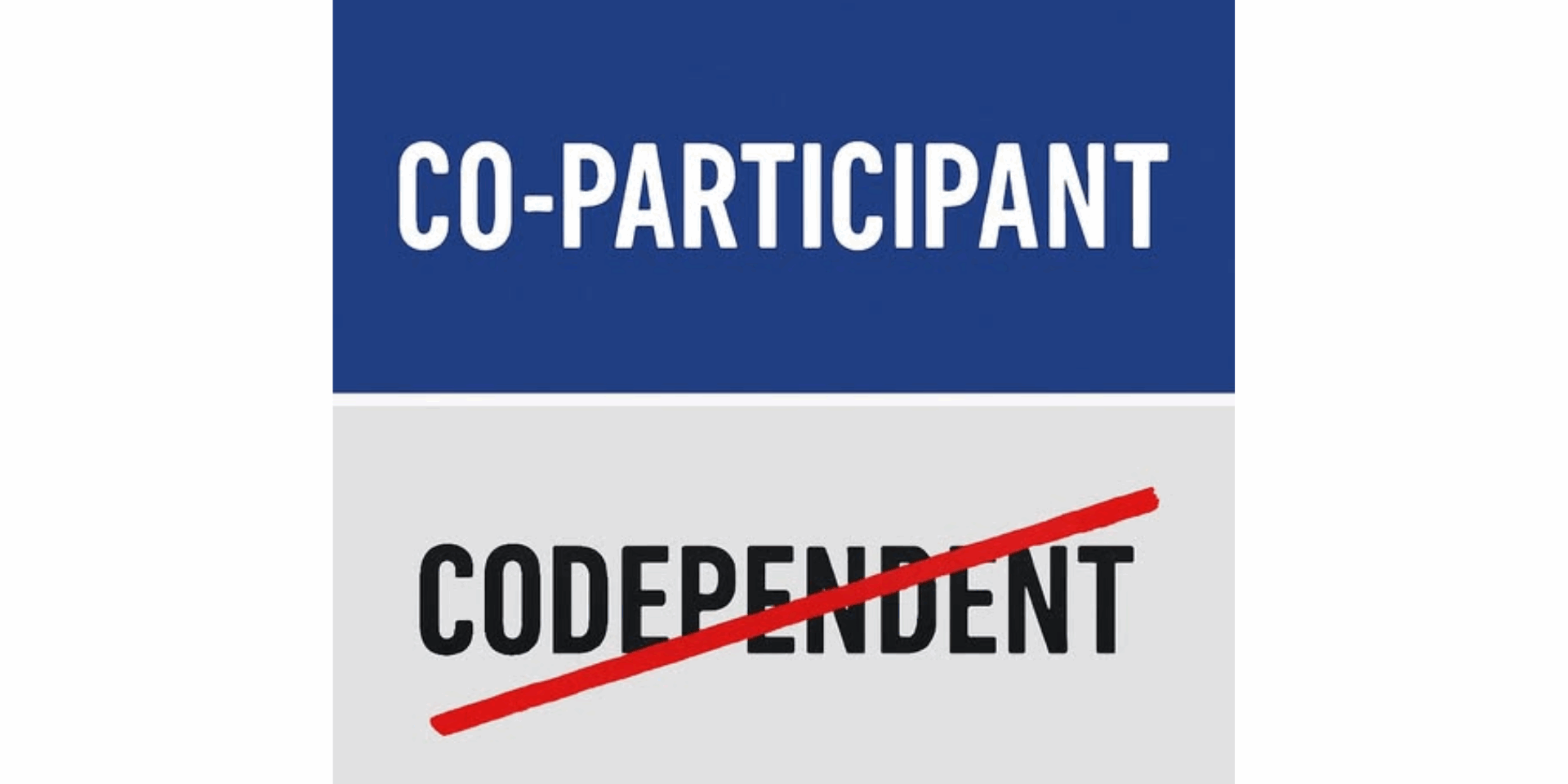Graphic Credit: Full Life Comprehensive Care
Here at Flawless, we are all about communications and digital media to change the conversation about brain health and promote educated awareness. This means we are on social media a good portion of our work days. It is what we do for Flawless and for our clients at Flawless Strategies. Once in a while, a post stops us in our tracks and this message from John Puls at Full Life Comprehensive Care did just that! We had to share this powerful message about the crucial role families play in their loved one’s mental health care. Families and clinicians, please let us know what your response is to John’s question in the comments.
John Puls on treatment plans and family involvement.
If a behavioral health treatment plan doesn’t include family involvement, it isn’t a plan — it’s just a temporary band-aid.
We see it all the time: a program pours resources into the “identified patient,” but hands the family a pamphlet and a polite “Good luck, keep in touch” at discharge.
 Here’s the cost of this gap:
Here’s the cost of this gap:
• Boundaries crumble within days of discharge.
• Medication routines fall apart.
• Parents absorb the stress alone, then are labeled “codependent.”
• Clients are labeled “not ready” when they don’t succeed.
For individuals with severe mental illness, this is a recipe for re‑admission.
Transportation, scheduling, medication pick‑ups, job interviews, life skills…
𝗡𝗼𝗻𝗲 𝗼𝗳 𝗶𝘁 𝗵𝗮𝗽𝗽𝗲𝗻𝘀 𝗯𝘆 𝗺𝗮𝗴𝗶𝗰.
And family members are left to project‑manage a clinical roadmap they never built.
![]() Co‑write the aftercare plan with the family weeks before discharge.
Co‑write the aftercare plan with the family weeks before discharge.
![]() Assign a family coach (licensed clinician) who remains on call from Day 1.
Assign a family coach (licensed clinician) who remains on call from Day 1.
![]() Help 𝘪𝘮𝘱𝘭𝘦𝘮𝘦𝘯𝘵 the aftercare.
Help 𝘪𝘮𝘱𝘭𝘦𝘮𝘦𝘯𝘵 the aftercare.
![]() Include the family as equal co-participants, not “codependent” sideliners.
Include the family as equal co-participants, not “codependent” sideliners.
![]() Measure progress by life‑skill milestones, not by insurance calendars.
Measure progress by life‑skill milestones, not by insurance calendars.
That’s where we see real progress.
![]() But we’d love to hear from clinicians and families: What’s one element of true family‑inclusive care you wish every program offered?
But we’d love to hear from clinicians and families: What’s one element of true family‑inclusive care you wish every program offered?







